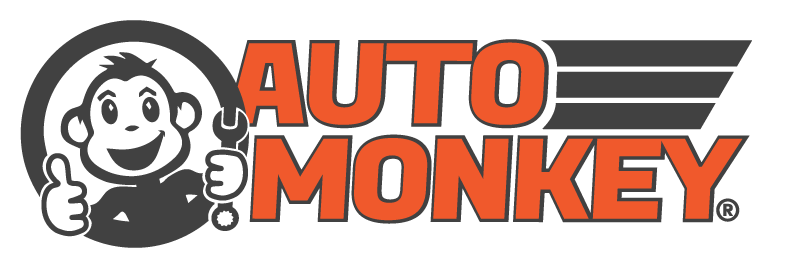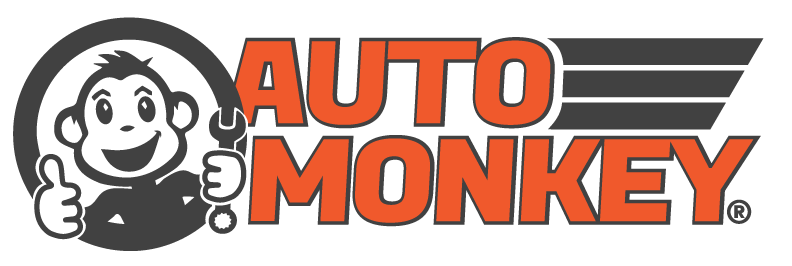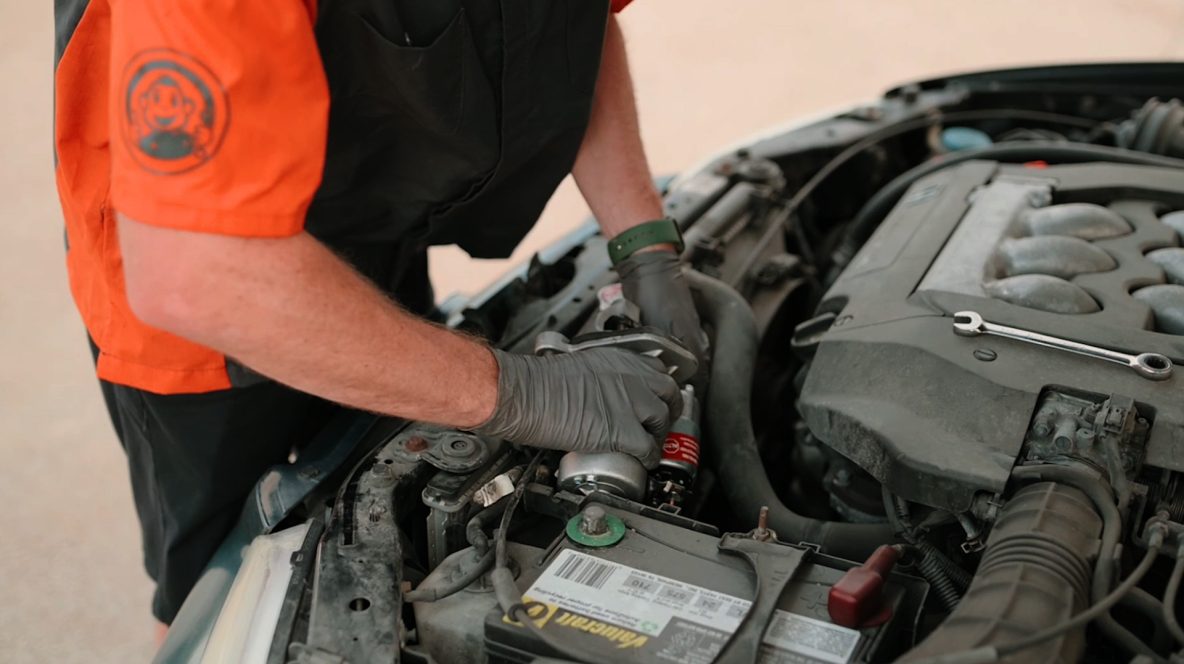Common Starter Motor Issues
Your car’s starter motor is one of the most critical components in getting your engine running. When you turn the key (or press the start button), the starter motor cranks the engine, allowing it to ignite the fuel-air mixture and begin running. However, like any other automotive component, starter motors can wear out over time or develop issues that prevent your vehicle from starting.
In this guide, we’ll break down the most common starter motor problems, their symptoms, and how to diagnose and fix them. If you're experiencing trouble with your vehicle starting, read on to see if a faulty starter motor might be the cause.
1. Common Symptoms of Starter Motor Issues
Recognizing the early signs of starter motor failure can save you from being stranded unexpectedly. Here are some common symptoms that indicate a potential issue with the starter:
- Clicking Sound When Turning the Key. If you hear a singular click but the engine doesn’t turn over, your starter may be struggling to engage.
- Slow or Weak Engine Crank. A sluggish cranking sound could indicate a failing starter motor or a weak battery.
- Grinding Noise. If you hear a grinding sound when starting the vehicle, the starter gear may not be properly engaging with the flywheel.
- Intermittent Starting Issues. If your car starts sometimes but not others, it could be due to a worn starter solenoid or internal electrical problems.
- No Response When Turning the Key. If nothing happens when you try to start the car, a dead starter motor or faulty ignition switch could be to blame.
2. Causes of Starter Motor Problems
Several factors can contribute to starter motor failure. Understanding these causes can help in troubleshooting and preventing further damage.
- Weak or Dead Battery
A weak battery is one of the most common culprits of starter problems. If the battery doesn’t supply enough power, the starter motor won’t have the energy to crank the engine. To rule this out, check your battery voltage using a multimeter. A fully charged battery should read around 12.6 volts. - Faulty Starter Solenoid
The starter solenoid is responsible for transmitting electrical current from the battery to the starter motor. A malfunctioning solenoid can prevent the motor from engaging, leading to a no-start condition. - Worn Starter Motor Brushes
Inside the starter motor, carbon brushes help conduct electricity. Over time, these brushes wear down, reducing conductivity and making it harder for the starter to function properly. - Damaged Starter Relay
The starter relay acts as a switch between the battery and starter motor. If the relay fails, the motor won’t receive the necessary power to operate. - Corroded or Loose Electrical Connections
Bad electrical connections can disrupt the flow of electricity needed for the starter to function. Check for corroded or loose battery terminals, ground wires, and other related connections. - Flywheel Damage
The starter motor engages with the flywheel to crank the engine. If the flywheel has damaged or missing teeth, the starter gear won’t properly engage, leading to grinding noises or failure to start.
3. Diagnosing Starter Motor Issues
If you suspect a starter motor problem, follow these steps to diagnose the issue before replacing any parts:
Step 1: Check the Battery
- Use a multimeter to ensure the battery has enough voltage.
- If the voltage is low, try jump-starting the vehicle.
- If jump-starting works, your starter motor may not be the issue, and you might need a new battery.
Step 2: Listen for Noises
- A clicking sound usually indicates a failing solenoid.
- Grinding noises suggest issues with the flywheel or starter gear.
Step 3: Test the Starter Motor
- Locate the starter motor (usually near the bottom of the engine, attached to the transmission).
- Tap the starter motor lightly with a wrench while trying to start the car. If it works temporarily, worn brushes could be the problem.
Step 4: Inspect Electrical Connections
- Check for corroded battery terminals and ensure all cables are secure.
- Inspect the ground wire and power cables leading to the starter.
4. How to Fix Common Starter Motor Problems
Once you've identified the problem, here are some possible solutions:
- Replacing the Starter Motor
If the starter motor is completely dead, replacement is the best solution. You can purchase a new starter or a high-quality remanufactured one. When installing a new starter, ensure all connections are properly secured to prevent future issues. - Fixing the Starter Solenoid
If only the solenoid is bad, some vehicles allow you to replace just the solenoid instead of the entire starter assembly. - Cleaning Electrical Connections
If corrosion or loose wires are causing the issue, clean the terminals with a wire brush and apply dielectric grease to prevent future corrosion. - Replacing the Starter Relay
If the relay is bad, swapping it out is a simple fix. Check your vehicle’s fuse and relay box for the starter relay location. - Inspecting and Replacing the Flywheel (If Needed)
If the flywheel has damaged teeth, you may need to replace it. This is a labor-intensive repair best handled by a professional mechanic.
5. Preventing Future Starter Motor Problems
To avoid dealing with starter motor issues in the future, follow these preventive maintenance tips.
- Keep your battery in good condition by testing it regularly and replacing it when necessary.
- Check and clean battery terminals to prevent corrosion buildup.
- Ensure all electrical connections are secure and free from damage.
- Avoid prolonged cranking of the engine, as it can overheat the starter motor.
- Schedule regular vehicle inspections with a qualified mobile mechanic to catch potential issues early. Auto Monkey offers professional on-site vehicle diagnostics and repairs.
6. When to Call a Professional Mechanic
While some starter motor problems can be fixed with basic tools, others may require professional expertise. If you’re unsure about handling electrical components or need a new starter installed, consider hiring a mobile mechanic for convenient, on-the-spot service. Auto Monkey’s mobile mechanics can diagnose and repair starter motor issues wherever you are.


